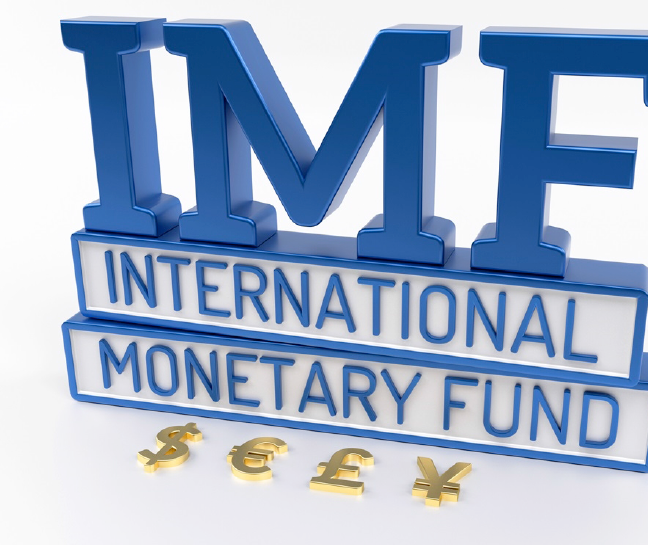The International Monetary Fund (IMF) says the depreciation of sub-Saharan African currencies against the US dollar pushes up public debt stock.
This is contained in the global lender’s recent blog post titled ‘African Currencies Are Under Pressure Amid Higher-for-Longer US Interest Rates’.
Countries in sub-Saharan Africa include Nigeria, Angola, Kenya, South Africa, Ghana, Chad, Ethiopia and others.
READ ALSO: IMF asks FG, CBN to extend cash swap deadline
IMF said weaker currencies make the fight to curb inflation harder given sub-Saharan Africa’s dependence on imports.
The Bretton Woods institution said countries in the region have recorded an average of 8 percent depreciation of their currencies since January 2022.
IMF, however, said the extent varies by country, adding that Ghana’s cedi and Sierra Leone’s leone depreciated by more than 45 percent.
“Most sub-Saharan African currencies have weakened against the US dollar, fanning inflationary pressures across the continent as import prices surge,” the article reads.
“This, together with a growth slowdown, leaves policymakers with difficult choices as they balance keeping inflation in check with a still-fragile recovery.”
On the implications, the IMF said when currencies weaken against the US dollar, local prices rise, as much of what people buy, including essential items like food, are imported.
The financial institution said more than two-thirds of imports are priced in US dollars for most countries in the region.
“Weaker currencies also push up public debt. About 40 percent of public debt is external in sub-Saharan Africa and over 60 percent of that debt is in US dollars for most countries,” the article further reads.
“Since the beginning of the pandemic, exchange rate depreciations have contributed to the region’s rise in public debt by about 10 percentage points of GDP on average by end-2022, holding all else equal.
“Growth and inflation (which reduces the real value of existing debts) helped to contain the public debt increase to about 6 percent of GDP during the same period.”
The IMF said countries where exchange rates are not pegged (fixed) to a currency have little choice but to let the exchange rate adjust and tighten monetary policy to fight inflation.
The global lender said countries with pegged exchange rates will need to adjust monetary policy in line with the country of the peg.
“In both country groups, fiscal consolidation can help to rein in external imbalances and limit the increase in debt related to currency depreciation. Structural reforms can help to boost growth,” the IMF said.


